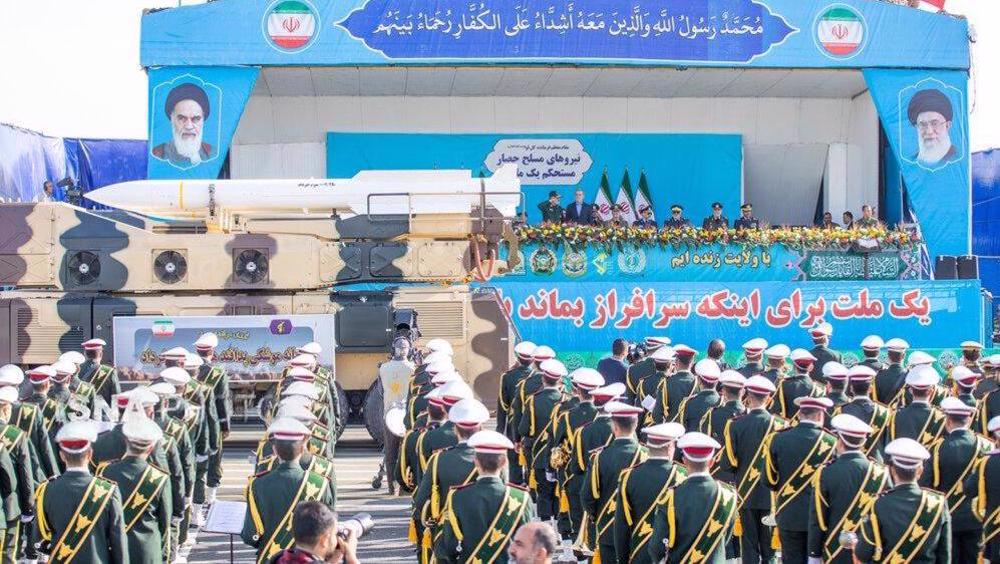UPDATES
Poll positions: Surveyed Arabs less concerned about Israel, many still support al-Qaeda
May 8, 2012 | Ahron Shapiro

Two polls released last week provide new insights into the views of the Middle East’s Arab population, with some very interesting findings.
In the first poll, Arab youth in the Middle East said their own economic future was a far greater priority in their lives than the outcome of the Israeli-Palestinian conflict. Meanwhile, a second poll found Muslim support for al-Qaeda, while low compared to a few years ago, has stabilized even after the killing of Osama bin Laden.
Regarding Arab youth, Amir Mizroch from the Israeli newspaper Israel Hayom reported on Wednesday about the findings of the fourth annual ASDA’A Burson-Marsteller Arab Youth Survey.
The economy did not just top the issues among young Arabs in the 51-page report – it dominated them, Mizroch wrote:
The survey, which polled 2,500 Arabs aged 18 to 24 in 12 Middle Eastern states one year after the start of the Arab Spring, highlighted how larger political concerns have been superseded by more personal, economic anxieties.
Being paid a fair wage was not only the highest collective priority among those surveyed – with 82 per cent of all those surveyed citing it as “very important” – but was also the highest individual priority in each of the 12 countries covered.
Comparatively – with the exception of Saudis – the Palestinian issue did not rank very highly on the agenda of Arab youth.
Asked “What do you believe is the biggest obstacle facing the Middle East?” very few respondents in almost all surveyed countries, apart from Saudi Arabia, said the Israeli-Palestinian conflict was the biggest obstacle. The number was lowest in Egypt, with only 10% saying the conflict was the region’s biggest obstacle. The number was also low in most of the Gulf emirates. However, in Saudi Arabia 53% said the conflict was a major obstacle in the region.
The poll showed that civil unrest and lack of democracy far outstripped the Israel-Palestinian conflict as a concern in most Arab countries. While not overly optimistic that the Arab Spring would spread to further Arab countries, many respondents said that if it did, it would spread to Jordan.
Meanwhile, the results of Pew Research Center’s Global Attitudes Project’s just-released poll gauging the popularity of al-Qaeda is a bit of a mixed bag of sorts.
A press release by Pew focuses on the weak favourability numbers for al-Qaeda among Muslims in a selection of Middle Eastern countries. However, the sheer number of supports for the radical group, while relatively low compared to the overall population, can hardly be considered insignificant, especially among Israel’s neighbours.
In Egypt, just over one out of five Muslims polled regarded al-Qaeda favourably. In Jordan, that number dips to 15 percent. Ironically, only Israel’s northern neighbour Lebanon – the only country out of the three which does not have a peace treaty with Israel – has convincingly rejected al-Qaeda, with just two percent of Lebanese declaring support for the group.
It must be acknowledged here, however, that Hezbollah, which does enjoy considerable support in Lebanon, is considered an ideological rival to al-Qaeda and is certainly very much a terror group in its own right. As such, it would incorrect to deduce from the Pew poll that Lebanese Muslims are necessarily less extreme than other Muslims in the region but may simply barrack for another extremist “team” – something which would not be reflected in this poll’s findings.
Reading deeper into the Pew poll’s results reveals that while support for al-Qaeda had dropped steadily through the 2000s, in the last couple of years the decline has levelled off. This suggests that while al-Qaeda’s support has waned among the population as a whole, a core group of supporters numbering in the millions may have entrenched themselves squarely in al-Qaeda’s camp for the long haul.
At Canada’s Propagandist website, Jonathan Narvey took issue with Pew’s positive spin on the poll’s findings in a blog:
In Egypt, a full 21 percent of Muslims have a favorable opinion of a terrorist organization that murders Muslims and non-Muslims alike in pursuit of an apocalyptic agenda of an all-powerful theocratic fascism.
That’s about 17 million people who have warm and fuzzy feelings about people who blow up innocents with bombs and assassinate any Jew, Christian, American, Shia, non-practicing Sunni, Atheist, non-practicing-enough Sunni, French schoolchild, international aid worker, British subway user, or gay person they can get their hands on.
Note that this doesn’t necessarily fully encompass the support Al Qaeda has in Egypt. A full 8 percent of Egyptians are on the fence about whether lunatics who rape women and then brainwash these victims to use them as suicide bombers (telling them it’s the only way to restore their honor), are worthy of their support.
Ahron Shapiro
Tags: Middle East





